Public Finance: BALANCING THE BUDGET IN A FIRST MANDATE AND THEN CUTTING TAXES
Issue
There are only two ways to create more wealth and prosperity: we can either work more or work more efficiently through increased productivity. Investments in R&D, innovation, more efficient production processes, machinery and equipment are critical to improvements in productivity and living standards.
Improved productivity leads to better, higher-paying jobs. And in a context where there are manpower shortages in many sectors, investment is a way to increase production without necessarily having to employ more workers.
Unfortunately, Canada’s business climate is less and less welcoming to investors. Since 2015, business investment has gone down not only in the oil and gas sector, but in many other sectors as well. Canada is also attracting less foreign direct investment.
More government intervention in the economy is not the answer to our economic challenges. Every time the government takes an additional dollar in taxes, or borrows it, this is a dollar that individuals or businesspeople will not be able to spend or invest.
Facts
A 2018 study by the School of Public Policy at the University of Calgary found $14 billion worth of direct and indirect federal business subsidies. Some of these measures may be worth keeping, but most create unfair market distortions by favouring some companies or sectors at the expense of others.
According to the latest OECD figures, Canada’s combined federal-provincial corporate income tax rate is the 12th highest amongst the 36 OECD countries. A more competitive tax rate would ensure that Canadian businesses become more profitable, pay higher salaries and invest more.
By reducing the return on investment, a capital gains tax not only lowers overall investment, it also hinders the allocation of capital to its most efficient uses and discourages riskier ventures that are likely to bring more innovation.
Many of our trading partners do not tax capital gains. There was no capital gains tax in Canada until 1972. Abolishing it would encourage every Canadian to save and invest more and would give our entrepreneurs access to a larger pool of capital. The benefits to our economy would vastly exceed the loss of government revenues.
Our plan
Ottawa should stop taking billions of dollars from the private sector and redistributing them through subsidies. It should instead lower taxes for all businesses and encourage saving and investment to make our economy more productive.
A People’s Party government will:
- Eliminate all corporate subsidies and other inefficient government interventions (bailouts of failing companies, regional development grants, conditional loans and loan guarantees with an implicit subsidy, tax credits, etc.) that unfairly support some companies or business sectors. This will generate savings of between $5 billion and $10 billion a year.
- Gradually reduce over the course of one mandate the corporate income tax rate from its current 15% down to 10%. When completed, this measure will make about $9.5 billion available to businesses, allowing them to increase salaries or invest in productivity improvements.*
- Over the course of one mandate, gradually abolish the personal capital gains tax by decreasing the inclusion rate from the current 50% down to 0%. When completed, this measure will put about $7 billion per year back into the pockets of Canadians.*
*According to the Parliamentary Budget Officer’s Ready Reckoner website.
